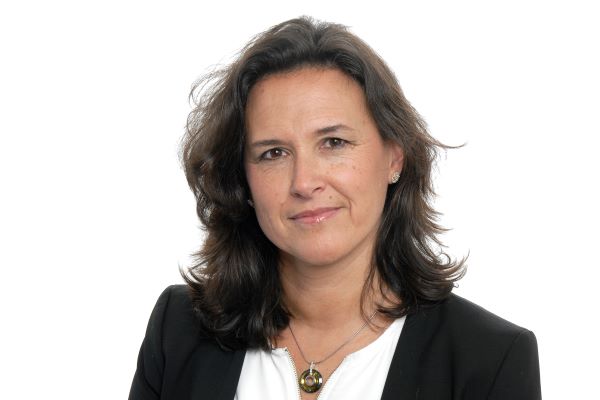What a year it has been! And what a response we have seen from educators all around the world!
During the pandemic, we are often talking about the response from the health workers, and rightly so. But education professionals have also been first responders to the emergency, delivering answers and solutions to numerous challenges every day.
And as we are about to enter a new, and hopefully better year, it is time to take stock and to reflect about these last challenging months. As many others in this field, we have observed some trends and issues which will certainly be important when planning our activities and priorities ahead.
We know that existing structural inequalities have been exacerbated by the pandemic. Gaps that existed before, are getting worse. According to UNICEF, 30 percent of children worldwide were not able to access remote learning when the pandemic hit. Even in Europe, OECD points out that 1 out of 10 children did not have access to devices or internet so these children were not part of moving online, and 20 percent did not have a quiet place to study. This situation will have consequences, and it will require increased efforts and stronger focus on education to include all children.
In the middle of this crisis, it was also a leapfrog moment. Teachers did everything they could to provide innovative responses to the emergency. Everyone was forced to get out of their comfort zone and do things in a different way. When this pandemic is over, we need to evaluate, to document and rethink what elements we can take from this to deliver the competences that our children deserve for the future. We live in a world full of vulnerability, uncertainty, complexity, and ambiguity. Our children must learn to navigate this world. We need to empower them to be able to cope and take care of their well-being probably in a very different way than before.
Now about the role of schools: I cannot recall any other moment in my life that the importance of the school for the social, economic, and political stability for every single country has been so obvious to everyone and widely recognized. When we all had to take our children and go back home, the countries literally stopped. The schools have really shown that they stand at the centre of the lives of their communities and nations. The question now is how to assure they get the support they need in the time to come as well.
The pandemic has also triggered, or at least made more evident, several new allies for education institutions. In our field, we always referred to this as the “whole school approach”, where schools are open to the outside community, among them parents and civil society. This approach has been tested by the pandemic, and has passed with high marks. New partnerships, some of them unusual, emerged as everyone got together to secure continued learning when schools closed. Parents who had to support their children in new ways really understood the importance of teachers.
Here there is also a challenge. A recent report showed that 75 percent of European leaders understood the key roles played by families for the education of children during school closures, but when the schools were reopened, only 25 percent of those leaders involved parents in the conversation. We need to make sure that home-school cooperation is a real thing, not just lip-service. We also see schools reaching outside their walls forging new partnerships with civil society, particularly those working with vulnerable groups. In many places, this joint effort has been fundamental in reaching out to those children who were in danger of dropping out and will also be so to include them in the future.
One thing we know for sure about 2021: there is a lot of work to do for all of us. Educating for Democracy and Human Rights in an inclusive diverse society is perhaps, more important than ever.
See you again next year, be well, be safe.
Executive Director,
Ana Perona-Fjeldstad
